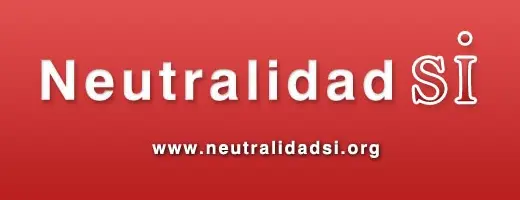Freedom and Neutrality Gain Ground
19/03/2013

 As the Internet becomes increasingly important in the lives of citizens and provides access to information and knowledge, initiatives arise seeking to gain control of the network and its contents under the guise of protecting privacy and personal security.
As the Internet becomes increasingly important in the lives of citizens and provides access to information and knowledge, initiatives arise seeking to gain control of the network and its contents under the guise of protecting privacy and personal security.
Economic or political pressures are causing these threats to grow and be reflected in proposed national legislation or regulations by supranational bodies. By contrast, members of civil society, academia, and human rights activists are promoting formulas that balance security, privacy, and fundamental rights on the Internet. Many Latin American and Caribbean stakeholders support this defense of freedom and the search for an open, participatory, and free model.
In recent years, the Regional Fund for Digital Innovation in Latin America and the Caribbean (FRIDA) has recognized three regional initiatives for their defense of freedom of expression, consumer rights, and new forms of intellectual property in the digital environment.
Global Pioneers.- The Net Neutrality Campaign (Chile, www.neutralidadsi.org/), recipient of a FRIDA Award, is one of the most significant regional initiatives in defense of net neutrality with relevant activity at public and political level aimed at avoiding Internet censorship. It promoted the approval of a law that made Chile the first country with advanced net neutrality legislation for Internet users and consumers. Jose Huerta, director of the NeutralidadSI and responsible for the campaign, is convinced that the experience can be exported. “We should be able to mobilized people interested in achieving this goal anywhere in the world,” said Huerta.
The NGO Derechos Digitales (www.tratojustoparatodos.cl) was another major articulator of the new intellectual property bill in Chile whose work was also recognized by FRIDA.
Part of Chilean civil society, this NGO implemented initiatives so that the Chilean intellectual property law reform would meet the challenges posed by the latest Information and Communication Technology. Derechos Digitales articulated the work of several social organizations and encouraged hundreds of people to disseminate grassroots campaigns aimed at achieving a well-balanced law.
Opposing Surveillance.- The third regional initiative to receive the FRIDA Award for its defense of Internet user freedoms and net neutrality was Brazil’s Movimiento Mega Nao ao Vigilantismo na Internet, which has encouraged groups of Internet users to make their voices heard against controls and restrictive legislation.
The work of this movement, initially called “Mega Não!”, was so effective that the term has now become widely used throughout Brazilian society against what they consider “an intense wave of vigilantism” that promotes Internet censorship and control. It also worked closely with Brazilian members of parliament to stop bills that sought to criminalize certain actions by Internet users.
(Free access, no subscription required)